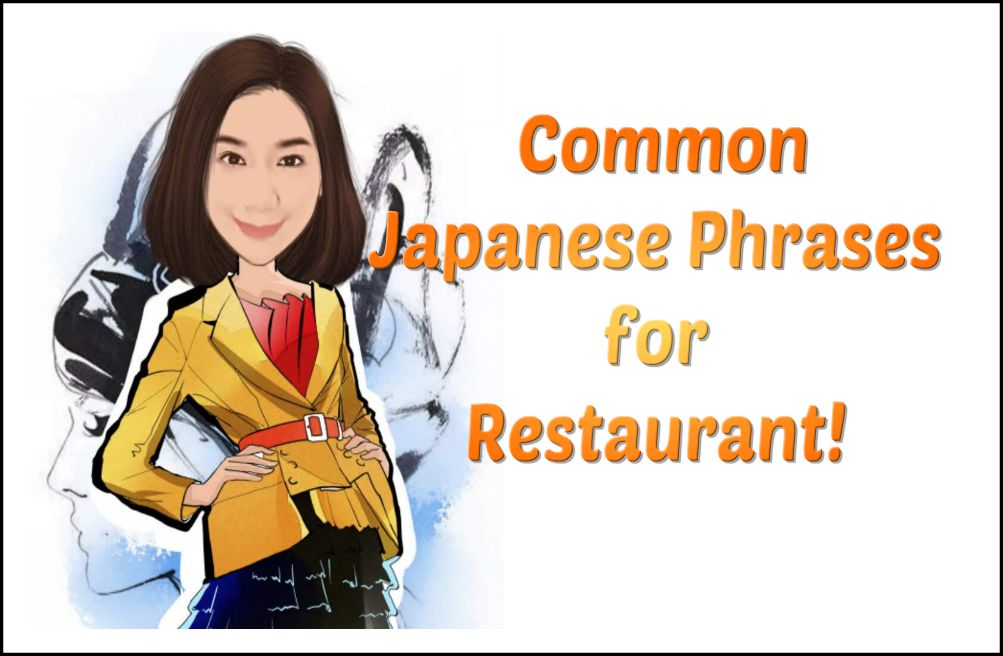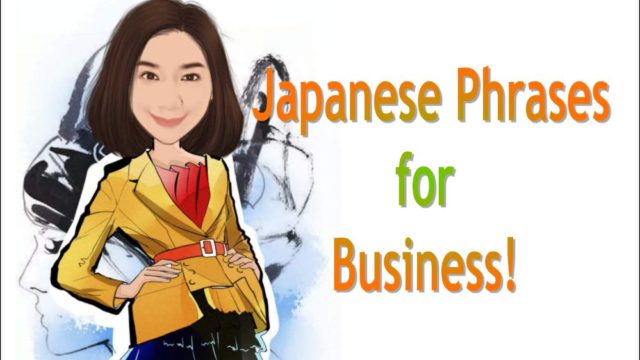Contents
Eigo no menyu arimasuka?
| Hiragana | えいごのメニュー arimasuka? |
|---|---|
| Kanji | 英語のメニューありますか? |
Finding a restaurant with English menu can be tough sometimes but if in any case, you won’t find any, you can ask the staff by saying “Eigo no menyu arimasuka?” which means “Do you have an English menu?”.
Example:
Sumimasen, eigo no menyu arimasuka? (すみません、英語のメニューありますか?)
Okaikei onegaishimasu.
| Hiragana | おかいけいおねがいします。 |
|---|---|
| Kanji | お会計お願いします。 |
After a satisfying meal at the restaurant, you may wanna say this expression first to settle the bill before leaving the restaurant. It literally translates to “Bill please.”
Example:
Sumimasen, okaikei onegaishimasu. (すみません、お会計お願いします。)
Osusume hin wa nan desuka?
| Hiragana | おすすめひんはなんですか? |
|---|---|
| Kanji | お勧め品は何ですか? |
Menu options can sometimes be confusing especially if you are not familiar with what’s on the list.
Instead of stressing yourself out, you can simply ask for the restaurant staff’s recommendation. Osusume hin wa nan desuka means “What do you recommend” in the English language.
___ wo kudasai.
| Hiragana | ____をください。 |
|---|
If you are ordering for food, you can start by saying the name of the food followed by this phrase “___ wo kudasai” which means “I’d like to order ___ please”.
Example:
Sumimasen, Tsukune hitotsu to tebasaki futatso kudasai. (Excuse me, 1 Chicken meatball, and 2 chicken wings please.)
Omizu onegaishimasu.
| Hiragana | おみずおえねがいします。 |
|---|---|
| Kanji | お勧め品は何ですか? |
If you are asking for complimentary (drinkable) water at the restaurant, you can simply use this phrase which means “Water please!”.
Example:
Sumimasen, Omizu futatsu de onegaishimasu. (Excuse me, 2 glasses of water please.)
Ryoshusho kudasai.
| Kanji | 領収書ください. |
|---|
After paying the total bill, it is best to ask for the official receipt from the counter/cash register area. You may wanna tell the cashier, Ryoshusho kudaisai. The English translation is “Please give me the receipt.”
Itadakimasu!
| Hiragana | いただきます! |
|---|---|
| Kanji | 頂きます |
Before you start eating, don’t forget to say “itadakimasu” which means “I humbly accept the food” or “I will eat now”. There’s really no literal meaning to it but as proper etiquette, people in Japan always use this expression before eating.
Gochisousama (deshita).
| Hiragana | ごちそうさま (でした) |
|---|---|
| Kanji | 御馳走様(でした) |
One way of showing appreciation for a delicious meal after eating is by saying, “gochisousama deshita”. The closest translation to the English language is “Thank you for the delicious meal!”.
Totemo oishii katta desu.
| Hiragana | とてもおいしいかったです |
|---|---|
| Kanji | とても美味しいかったです |
A mouthwatering dish deserves an acknowledgment from the customers. If you want to give feedback about the meal that you’ve just enjoyed, you can say, “totemo oishii katta desu!” which translates to “It was very delicious!” in English.
Example:
Arigatougozaimasu! Totemo oishii katta desu! (Thank you! It was really delicious!)
Ijou de onegaishimasu.
| Hiragana | いじょうでおねがいします。 |
|---|---|
| Kanji | 以上でお願いします。 |
If you have already ordered every food that you wanna eat, you can simply say “ijou de/ijou de onegaishimasu” which simply means “That’s all” in the English language.




